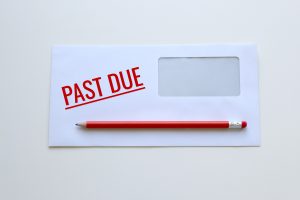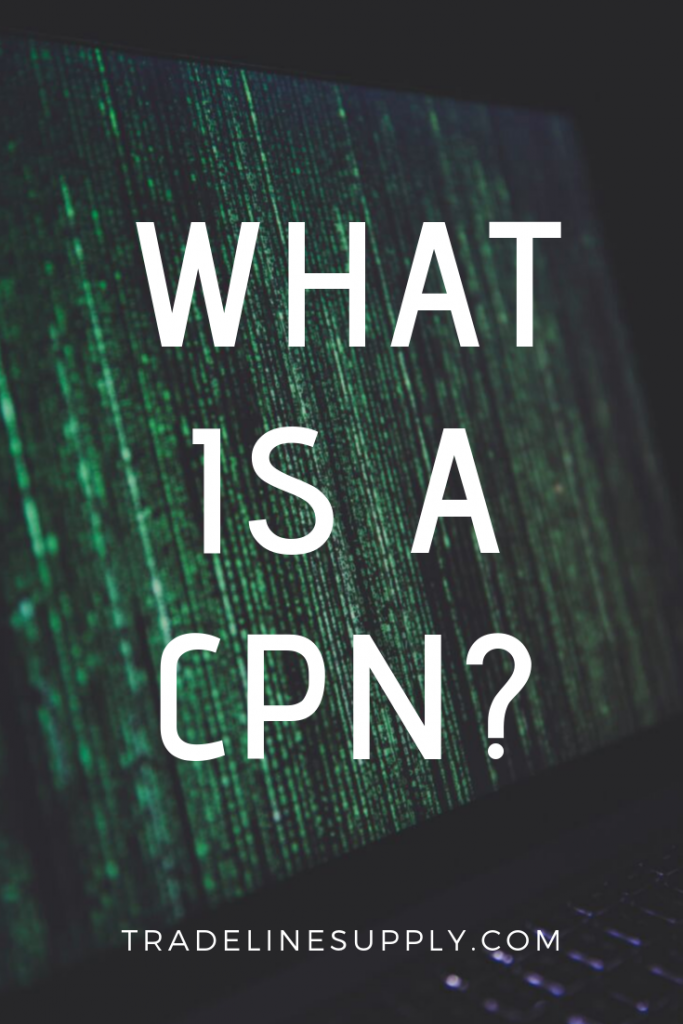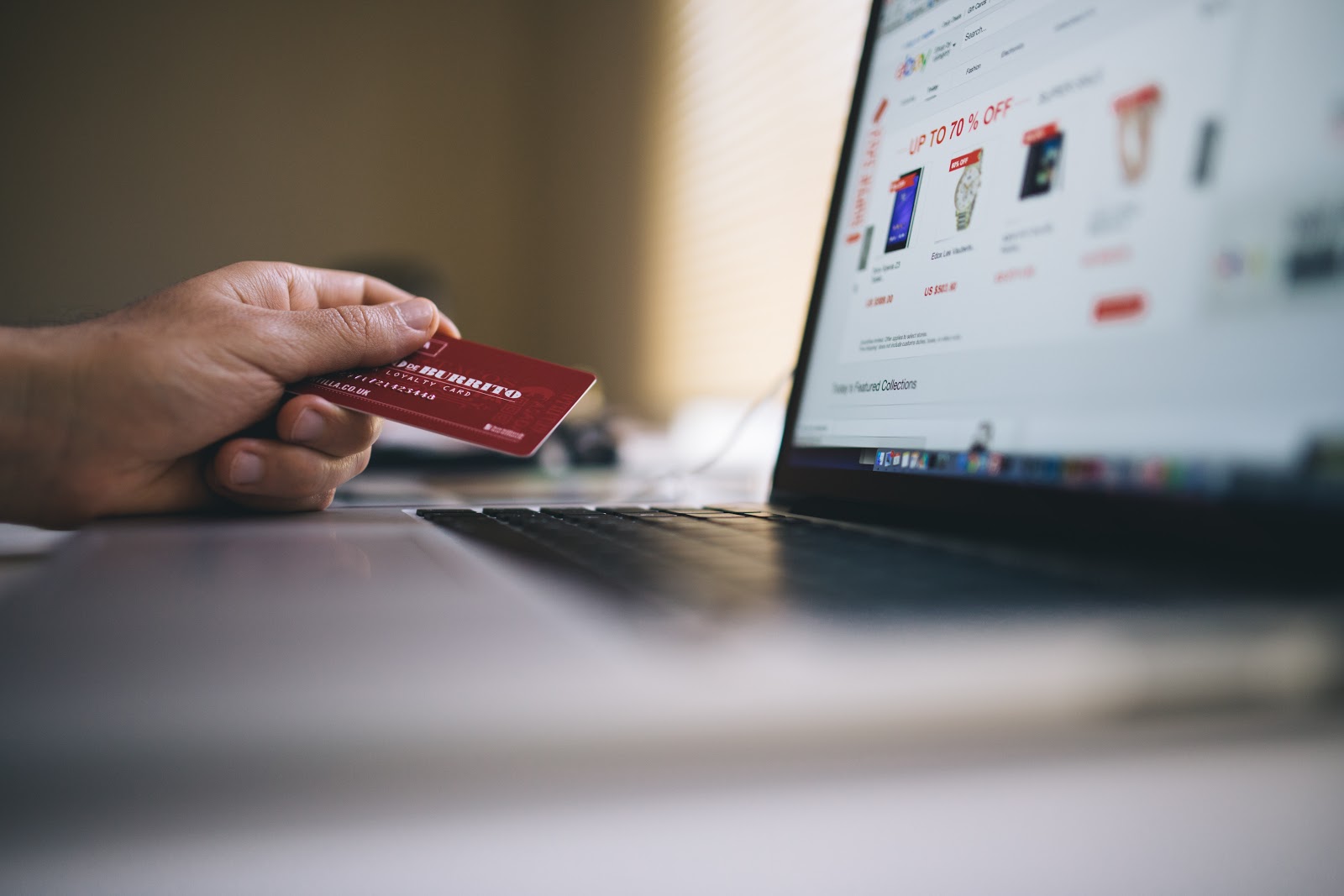Questions Every Authorized User Should Ask When Buying Tradelines
Buying authorized user tradelines is an investment in your financial future. Make sure you are getting the most out of your tradelines by asking yourself the following questions first.
1. What is my average age of accounts?
Age is one of the most important factors in your credit history, so it is important to understand what your own average age of accounts is and how that metric could be impacting your credit. It will also play a role in determining which tradelines you should add to your account.
Calculating your average age of accounts is easy. Just add together the ages of all of your revolving accounts (e.g. credit cards) and divide this total by the number of accounts.
For example, let’s say we have four accounts and their ages are 2 years, 4 years, 5.5 years, and 6 months. Here’s how we calculate the average age of accounts: 2 years + 4 years + 5.5 years + 0.5 years = 12 years / 4 accounts = 3 years average age of accounts.
You don’t even have to do the math yourself if you use our Tradeline Calculator. Just put your information into the calculator and let it do the work for you.
Use our tradeline calculator to find your average age of accounts and utilization ratios.
Not sure how old your accounts are? You can pull your own credit report for free (without hurting your score) on websites like Credit Karma.
2. What is my utilization ratio?
Your utilization ratio, or the ratio of the debt you owe to the total credit limit of all your revolving accounts, is another important influence on your credit score to be aware of. Your utilization contributes about 30% of your credit score, so high utilization can drag down credit, even after tradelines are added. Therefore, it’s important to calculate your utilization ratio before buying tradelines.
Here’s how to do it: add up all of the debts you owe on your revolving accounts and then add up all of the credit limits of each of your revolving accounts. Take the total amount that you owe and divide it by your total credit limit to get your ratio.
If you’re not a big fan of math, you can check your utilization ratio and find out how adding new tradelines might affect it using our Tradeline Calculator.
If you have credit cards with high utilization, paying down the balances might be a good investment.
3. Do I have any credit cards with high utilization that should be paid off?
Even if your overall utilization is relatively low, individual credit cards with high utilization can still hurt your credit. Adding a tradeline can affect your overall utilization as described above, but will not solve the problem of having one or more cards with high utilization individually.
If you can easily pay down your balances to get the utilization to be 20% or lower, that would be money well spent, because you are lowering your utilization ratios to a level that is considered to be better for your credit.
On the other hand, if the amount that you owe is quite large and you are not in a position to significantly lower your utilization right away, then perhaps getting a couple of high limit tradelines may be the easier route to go.
Either way, utilization ratios are very important and should be taken into consideration when buying tradelines.
A credit freeze or fraud alert will prevent new tradelines from posting to your credit report.
4. Do I have a credit freeze or fraud alert on my credit report?
A credit freeze or fraud alert will block access your credit file, which prevents any new information from being added to your credit report. Therefore, if you have placed a credit freeze or fraud alert on your credit file, new tradelines will not post.
Be sure to check whether you have a fraud alert or credit freeze before purchasing a tradeline and contact the credit bureaus to remove it if necessary.
5. What is my priority: age or credit limit?
While the length of credit history only makes up about 15% of a score, age also goes hand-in-hand with payment history, which is the most valuable factor in credit scoring. The more age an account has, the more time it has had to accumulate a positive or negative payment history.
All of our tradelines have a perfect payment history, and together, age and payment history make up 50% of a credit score. Therefore, we believe it is better to prioritize age in most circumstances.
However, there are some cases in which people choose to prioritize the credit limit of a tradeline over its age. Be sure to carefully consider your personal situation and what is most important to you.
6. What are the credit limits of the AU tradelines?
If you are buying tradelines from a reputable business, the tradelines should all be from reliable banks, have perfect payment histories, and have low utilization. Since these factors are going to be about the same for each card, the two main things to consider when choosing tradelines are age and credit limit.
The credit limit factor is important because it can affect your overall utilization ratio. While individual cards with high utilization can still have a negative impact on your credit, getting your overall utilization as low as possible can still be very beneficial.
Additionally, depending on your goals, the credit limit can be an important factor if you are trying to establish a history of higher-limit accounts in your credit file.
7. How old are the tradelines?
As we stated previously, the age of a tradeline is extremely valuable, and in most cases, it is more important than the credit limit. This is because a seasoned tradeline will contribute not only to your length of credit history but also add a long period of a perfect payment record.
As we said earlier, these two categories together make up half of your score, far outweighing the other categories. Therefore, a good general rule of thumb is to buy the oldest tradelines your budget allows for.
Another reason you want to go for older tradelines is that tradelines that do not have sufficient age can actually hurt your score by decreasing your average age of accounts.
If your average age of accounts is 3 years, for example, your tradeline should be a minimum of 4 years old, but ideally much higher than that if the goal is to see a significant difference. If you buy a tradeline that is only 2 years old, your average age of accounts will decrease, which could damage your credit score. This is why it’s critical to do the calculations using our Tradeline Calculator before making a purchase.
To determine which tradelines to buy, you will need to think about age as well as the credit limit. Photo via Hloom.com.
8. Which tradelines should I buy? How do I choose the right tradelines?
Once you have determined what your priorities are, you will be better prepared to choose the right tradelines for you. If you want to increase your average age of accounts or extend the age of your oldest account, go for the older tradelines.
If you are more focused on credit limit or your overall utilization ratio, check out our higher-limit tradelines.
You can view the tradelines we have available and sort the list by age and credit limit on our updated tradeline list. For more guidance on choosing the best tradelines, read our buyer’s guide to tradelines.
9. Do the tradelines have perfect payment histories?
Payment history makes up 35% of a credit score, making it the most important component. It is crucial that any tradelines you add have a perfect payment history, because even one missed payment can do serious damage to your credit. All of our tradelines are guaranteed to have a spotless payment history.
10. Are the tradelines substantially better than what I already have in my file?
Obviously, a tradeline will only be effective for you if it is superior to the other tradelines that are already in your credit file. The safest bet is to look for one that is significantly higher in age and/or credit limit than the accounts that you already have in order to affect your averages as much as possible.
Keep in mind the reporting date and the purchase by date when buying tradelines.
It is difficult to affect an average, especially when there are already several accounts in your credit file, so adding a tradeline that is only marginally better than your existing tradelines may not have the desired effect. Make sure to invest in a high-quality tradeline that has real potential for results rather than just adding more of what you already have.
11. When is the reporting period and when is the purchase by date?
The reporting period of a tradeline is when the bank reports the tradeline to the credit bureaus, which is usually around the same time each billing cycle, with some fluctuation. You should see any new tradelines you purchased on your credit report once their respective reporting periods have passed.
Since processing payments and adding authorized users takes time, there is a “purchase by” date that tradelines must be purchased before if you want them to report in the upcoming reporting period. You can still purchase tradelines after their purchase by date, but keep in mind that they may not post until the next reporting period.
Our tradeline list provides the reporting period and the corresponding purchase by date for each of our tradelines. Be sure to keep these dates in mind when making your purchase.
12. Which banks are the tradelines from?
The bank that the tradeline is from is important because many banks do not accurately report authorized user data to the credit bureaus. The tradeline needs to come from a bank that has proven to report AU data reliably in order to be sure the tradeline has the best chance of posting.
With Tradeline Supply Company, LLC, you do not have to worry about choosing the right banks, because all of the banks we work with have been proven to report reliably to all three major credit bureaus.
However, there is one exception: if you have any outstanding collections or if you have filed bankruptcy with a certain bank, this can prevent your tradelines from posting successfully, so you will want to avoid purchasing tradelines from that bank.
Depending on your situation, you may need multiple tradelines, but in other situations, just one may be enough.
13. How many tradelines do I need?
Since everyone’s credit file is complex and unique to their situation, it can be difficult to know whether it is best to buy multiple tradelines or one very high-quality tradeline. If there are budget constraints, it is usually most effective to purchase one premium tradeline rather than multiple tradelines that are less powerful.
However, there are other situations in which multiple tradelines might be a better choice.
Just remember that the power of tradelines is always going to be relative to your current credit file. If you are not sure how many tradelines you may need, our article, “Buying Tradelines: How Many Tradelines Do I Need?” can help guide your decision.
14. Does the tradeline company use address merging or work with CPNs?
Watch out for companies engaging in address merging or other types of fraud.
Many tradeline companies tell their customers to claim the same address as the primary account holders of the tradelines, even though they do not live there, in order to increase the likelihood of the tradelines posting. Essentially, they are asking their customers to commit fraud and lie about their address.
This illegal tactic is commonly known as “address merging.” If a tradeline company does address merging, all parties involved could be implicated in fraud, so savvy authorized users will want to avoid these unscrupulous companies.
Similarly, companies often sell tradelines for “credit profile numbers” or “credit privacy numbers,” known as CPNs. We have written at length about the dangers of CPNs, but to summarize, using a CPN instead of your real social security number to apply for credit is identity fraud and a felony offense.
Beyond that, so-called CPNs are often SSNs stolen from other people, especially children, which means these companies are involved not only in fraud but also identity theft.
Clearly, a company that is committing fraud by merging addresses or working with CPNs is not one you want to do business with.
15. Do I trust the company providing the tradelines?
The most important part of the process of buying tradelines is being able to trust the company you are working with. After all, you want to be sure you won’t get stuck with tradelines that are low-quality, are overpriced, or don’t post well. Plus, you want to be certain your tradeline company provides secure online transactions and takes extensive measures to prevent fraud. Watch out for unethical and unprofessional tradeline companies, and make sure to choose one that you trust and that will treat you with integrity and respect.
15. When will my tradelines post?
Make sure to choose a tradeline company that acts with integrity.
Some tradeline companies say that it could take up to 60 days for your tradelines to report. If you don’t want to wait two months for your tradelines to show up on your credit file, we can get tradelines to post in as few as 11 days, and sometimes even sooner than that.
15. How long will I stay on the tradeline?
Some tradeline companies only keep AUs on their tradelines for a single reporting cycle. This doesn’t give you very much time to accomplish your goals.
Generally, it’s best if you can stay on the tradeline for at least two reporting cycles, which should allow you enough time to accomplish your goals. If you think you might need additional time on the tradeline, ask whether the company offers extensions.
Check what the company’s policy is, and remember that if their standard is just one cycle, keep in mind that you’d have to double the price in order to be on par with companies that keep AUs on for two reporting cycles.
16. What steps can I take to ensure that my tradelines have the best chance of posting?
To minimize the chances of a non-posting occurring, make sure to take the following steps:
Remove all fraud alerts, credit freezes, and credit locks from your credit report, since these block new information from being added to your credit file and therefore prevent tradelines from posting.
Purchase your tradeline no later than the purchase by date shown on our tradeline list.
Consider buying multiple tradelines as a precautionary measure to hedge against potential non-postings.
Only buy tradelines from companies that have high posting success rates and a money-back posting guarantee.
Do not buy tradelines from banks that you have outstanding collection accounts with or have declared bankruptcy with, since you may be blacklisted from working with that bank again.
Use the correct address that you have on file with the credit bureaus so that your identity can be cross-verified with your credit file.
Do not work with companies that conduct “address merging,” which is a form of fraud.
Double-check your order and payment information for accuracy. Typos in your personal information can cause a non-posting and incorrect bank account information can delay payment processing and therefore can delay the tradeline from posting.
You can find more details about these steps in our article, “How to Get Tradelines to Post.”
If you found these questions helpful, or if you have any questions you think we should add to the list, please comment to let us know!
Read more: tradelinesupply.com

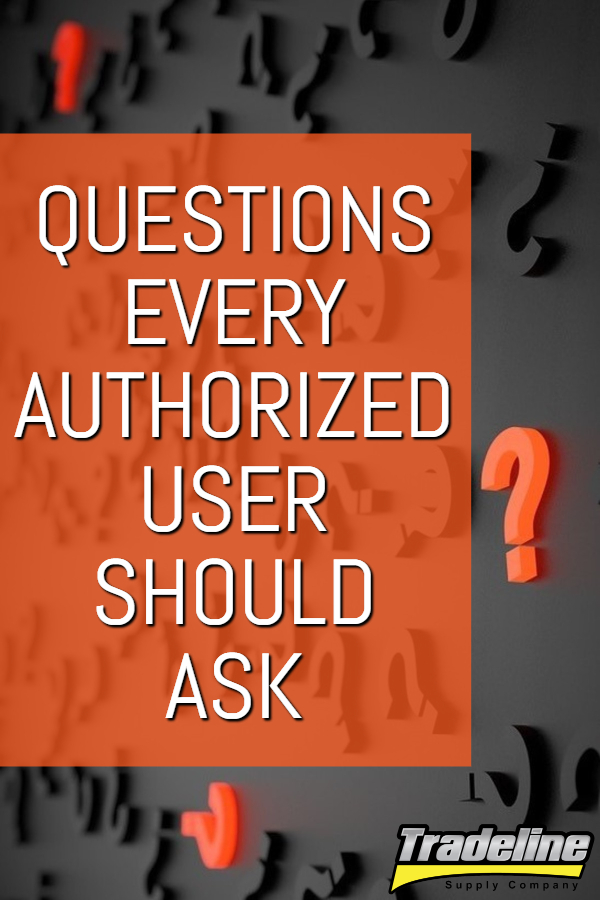



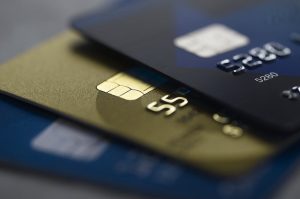




 If you’ve been paying attention to the world of credit, you’ve probably heard a lot about credit freezes lately. A credit freeze can be a valuable tool for those who may be concerned about identity theft. However, many people are unaware of how credit freezes works and how to use them.
If you’ve been paying attention to the world of credit, you’ve probably heard a lot about credit freezes lately. A credit freeze can be a valuable tool for those who may be concerned about identity theft. However, many people are unaware of how credit freezes works and how to use them.